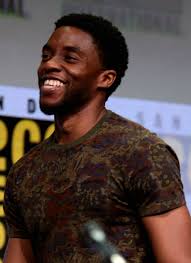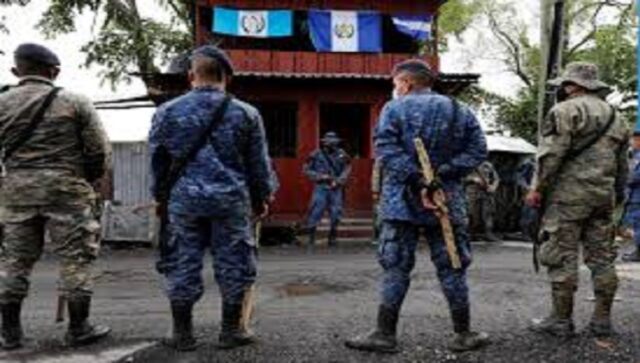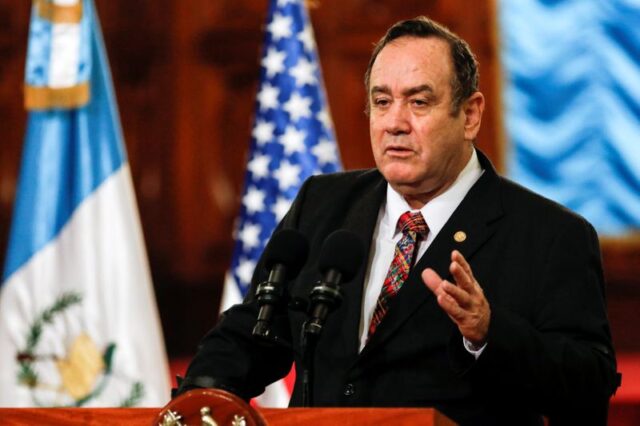Star of Black Panther Chadwick Boseman Dead At 43
The actor dies following a four-year fight with colon cancer.
Chadwick Boseman passed away Friday at age 43.The actor, that starred in Marvel’s Black Panther plus Netflix’s Da five Bloods, was diagnosed as having stage 3 cancer of the colon in 2016.
Their publicist, Nicki Fioravante, stated he passed away in his LA house alongside his spouse and family.
Chadwick Aaron Boseman (November 29, 1976 August 28, 2020) was an American actor and producer. His roles included important plus iconic African-American historical figures such as Jackie Robinson in 42 (2013), James Brown in Get on Up (2014), and Thurgood Marshall in Marshall (2017). His role as the superhero Black Panther in the Marvel Cinematic Universe films, including in Black Panther (2018) made him an international star, winning him a NAACP Image Award and a Screen Actors Guild Award.
Boseman’s other film roles included 21 Bridges (2019) which he also co-produced in addition to reunited him with The Russo brothers and even Spike Lee’s Da 5 Bloods (2020). His final movie Ma Rainey’s Black Bottom will release posthumously on Netflix. He died on August 28, 2020 after privately dealing with colon cancer for four years.
Artists,Politicians and Stars Remembers Chadwick Boseman!








